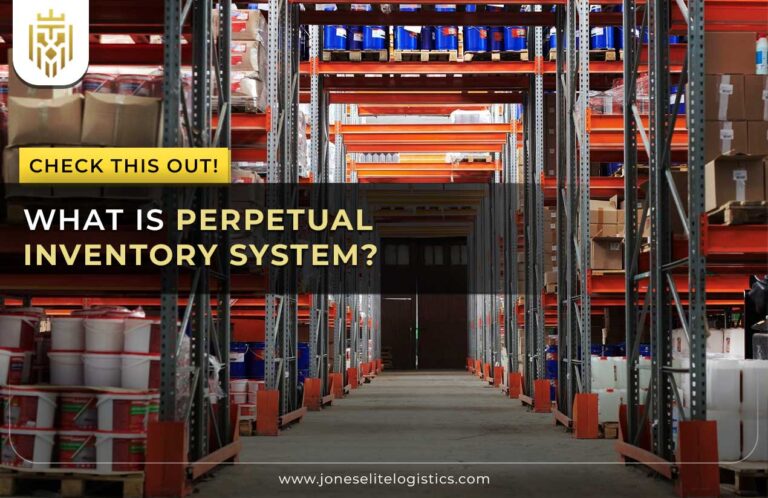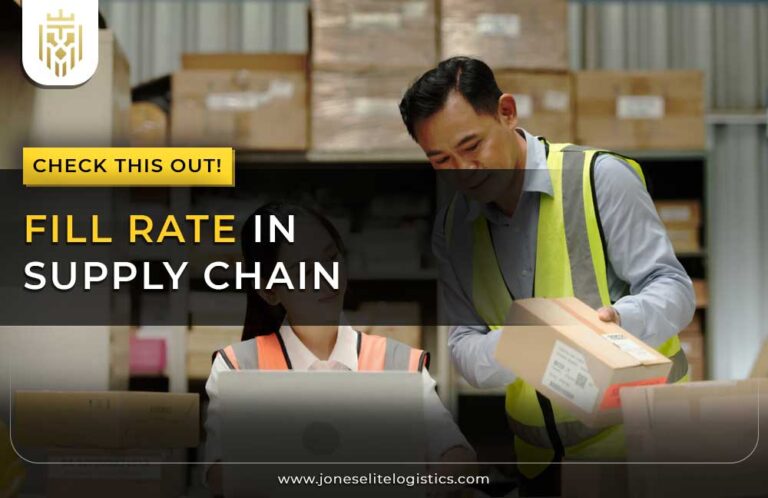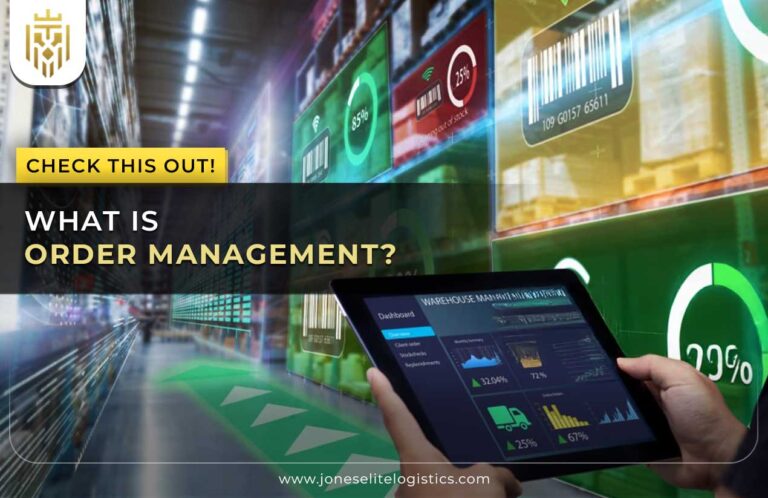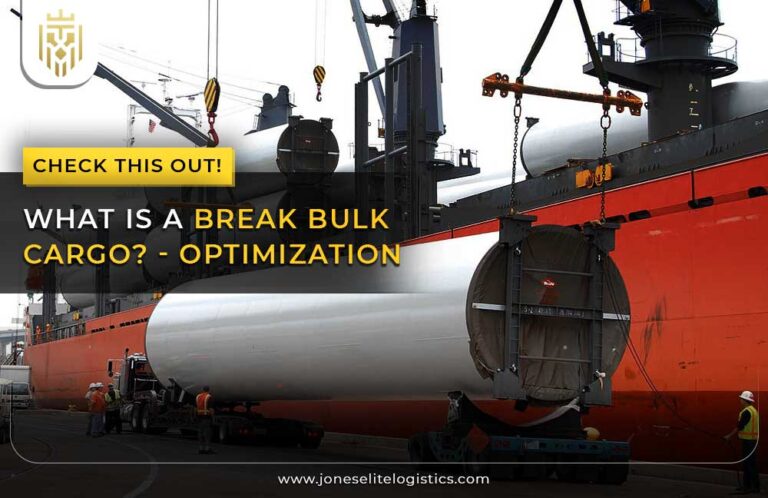What is Event Logistics?
Event logistics is the planning, coordination, and running of the logistical aspects necessary for the success of the event: transport, venue setup and cleaning, equipment, catering, and all the services necessary to support the event from start to finish. All-events logistics aim to provide a seamless experience by ensuring the right thing is in the right place at the right time. Logistics in event management is what makes a smooth and memorable experience for both guests and the organiser.
Elements of Event Logistics
Various components work together to make an event logistically sound. These elements are coordinated carefully to match the scale and purpose of the event.

-
Venue
Choosing a venue that suits the capacity, location, access, and facilities is the first consideration to keep in mind when handling the logistics of an event.
-
Transportation
Transportation for guests, staff, and goods must be arranged in advance, including shuttle services, parking arrangements, and delivery schedules.
-
Technology
AV equipment, lighting, staging, and connectivity tools play a role in bringing a modern touch to events. Proper setup and support for such are also included in the planning process.
-
Catering
Food and beverage service should be suitable for the event type and guest profile with respect to programme timing, hygienic standards, and delivery.
Why Event Logistics Matters?
Efficient event logistics ensure the event runs smoothly, delivers on its objectives, and leaves a lasting impression on attendees.
-
Smooth Event Flow
If logistics were not planned well, deliveries and services would arrive late. From one point to the next, it would be a scene of confusion and disturbances, making the event untimely.
-
Adaptability and Contingency Planning
Last-minute odds and ends do come up during every live event. Strong logistics planning provides for contingencies and offers considerable flexibility in actualising those plans.
-
Vendor Coordination
Several suppliers and service providers must work in coordination with each other. Event logistics ensures that they are delivered, set up, and executed at the right time.
-
Budget Management
Keeping track of expenditures in all domains of logistics avoids overspending and ensures budgeting for an event.
5C’s of Event Management
The 5Cs provide a framework for managing events, helping planners structure their approach from concept to close-out.

-
Concept
Every event begins with an idea. The concept stage outlines expected results, theme, target audience, and goal.
-
Coordination
This stage consists of organising tools, vendors, teams, and timetables required to realise the idea.
-
Control
Monitoring and controlling the logistics all through the event guarantees that everything goes according to plan and schedule.
-
Culmination
On this day of events, all the preparations are carried out. Every moving component is live coordinated here.
-
Close Out
Clearing the venue, assessing performance, and compiling comments for next development constitute post-event chores.
Step-by-Step Guide for Logistics Event Planning
Logistics planning follows a clear structure to ensure all areas are covered, from early preparations to post-event reviews.
-
Define Event Objectives and Requirements
Determine the goal, scope, and logistical requirements of the event, taking into account the expectations of attendees and financial limitations.
-
Create a Detailed Logistics Plan
To effectively manage the event, list all of the logistical tasks, designate roles, and establish deadlines.
-
Choose and Secure the Venue
Choose a location, infrastructure, and capacity-appropriate venue based on the needs of the event.
-
Coordinate Vendors and Suppliers
Make sure delivery schedules and setups are in line by contacting and verifying suppliers for food, sound, décor, and other services.
-
Manage Transportation and Accommodation
Plan transportation for participants, employees, and equipment. If necessary, reserve lodging.
-
Prepare Event Materials and Equipment
Prior to the event, make sure that all printed materials, digital content, and technical equipment are prepared and tested.
-
Staffing and Volunteer Coordination
Assign roles, train staff, and make sure everyone is informed about the duties and schedules of the event.
-
Set Up and Execute On-Site Operations
Oversee the setup of the booths, stages, seats, and signage. Organise guest services, security, and check-in.
-
Handle Emergency and Contingency Plans
Establish procedures for unforeseen circumstances like delays, technical difficulties, or disruptions brought on by bad weather.
-
Post-Event Evaluation and Follow-Up
Evaluate input, compare performance to objectives, and inform vendors and stakeholders of the outcomes.
Tools and Technologies for Event Logistics

-
Project Management Tools
These tools support assigning tasks, monitoring due dates, and guaranteeing team accountability.
-
Event Management Platform
From guest registration to budget tracking, these platforms centralise event planning.
-
Event Check-In Solution
Automated check-in systems expedite visitor arrival and shorten venue lines.
-
Networking & Engagement App
With features like live polling, messaging, and agenda viewing, these apps improve the experience of attendees.
Post Event Logistics
Post-event logistics includes clearing the site, dismantling equipment, managing leftover inventory, and settling vendor payments. It also covers the return of rented items, waste management, and preparing a summary report to measure the event’s effectiveness.
FAQs
1) What is event logistics?
Event logistics is the supply of all physical goods and services necessary to reasonably plan and effectuate an event.
2) What are the elements of logistics?
Key elements of event logistics are venue, transportation, technology, and catering, which must be managed in accordance with the event plan.
3) Why Event Logistics Matters?
Event logistics takes care of the prevention of disruptions in the event, coordination among vendors, readiness for emergencies, and making sure one is sticking to the budget while delivering a worthwhile experience.
4) What is post-event logistics?
By post-event logistics, we normally mean cleaning up and restoring the venue, bringing back any loaned or hired equipment, concluding the contracts with the vendors, and performing the examination of the event itself.








